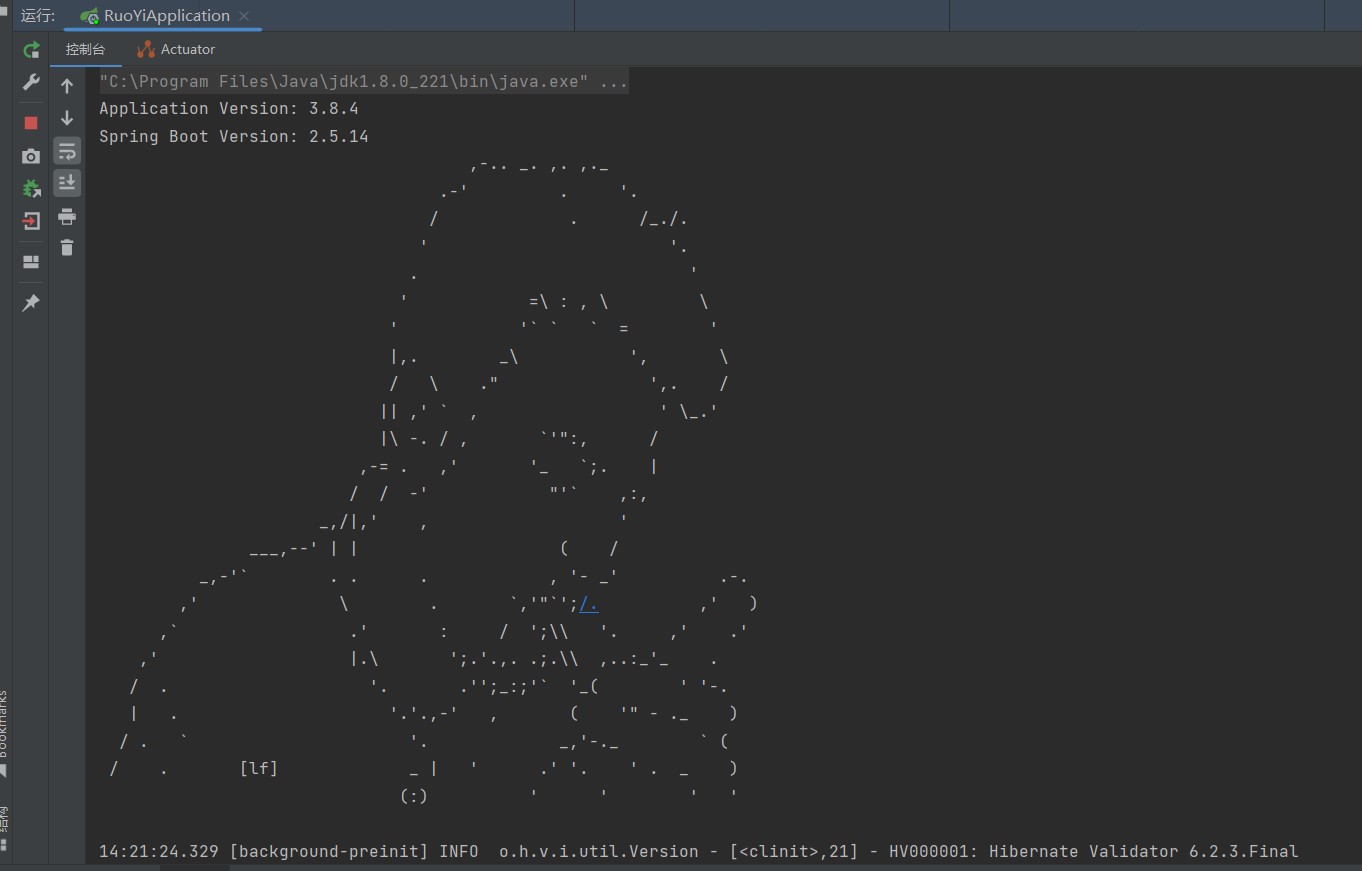
vue + Element Ui 中生成动态合并表格及后端数据说明及常见问题
vue + Element Ui 中生成动态合并表格及后端数据说明及常见问题
·
一、首先按需求举个例子:
在利用vue的一些框架开发中(比如ruoyi),有时会遇见这样需要一对多对多显示的表格(如下图),按照相同项合并多余的行。看到这如果和你遇见的问题相似那就步入正题

二、前端的设计
<h2>动态合并表格<h2>
<el-table
:data="tableData"
style="width: 100%"
:span-method="objectSpanMethod"
border
>
<!--遍历表-->
<el-table-column
:prop="item.prop"
:label="item.label"
v-for="(item, index) in tableHeader"<!--按设定的表头-->
:key="index"
></el-table-column>
</el-table>
</el-dialog>讲解中不以具体某些数据举例,统一用tableDatap[]数据对象数组表示需要遍历的数据
<script>
export default {
name: "MultiRowMergeTable",
data() {
this.spanMap = {};
this.mergedColumns = ["examineName","examineProject"]
return {
tableHeader: [
{
prop: "examineName",
label: "检查表",
},
{
prop: "examineProject",
label: "检查项目",
},
{
prop: "examineWord",
label: "检查内容",
},
{
prop: "remark",
label: "备注",
}
],
tableData: []
}
},
created() {
this.getList();//进入页面时调用getList()获取tableData[]数据
},
methods: {
//具体获取数据方法因需求而异
getList() {
listExamineTableData(this.queryParams).then(response => {
this.tableData = response.data;
this.getSpanArr(this.tableData);
});
},
getSpanArr(data) {
for (var i = 0; i < data.length; i++) {
if (i === 0) {
this.mergedColumns.forEach(column => {
this.spanMap[column] = {
spanArr: [1],
pos: 0
}
})
} else {
this.mergedColumns.forEach(column => {
if (data[i][column] === data[i - 1][column]) {
this.spanMap[column].spanArr[this.spanMap[column].pos] += 1;
this.spanMap[column].spanArr.push(0)
} else {
this.spanMap[column].spanArr.push(1);
this.spanMap[column].pos = i;
}
})
}
}
},
objectSpanMethod({ column, rowIndex }) {
if (this.spanMap[column.property]) {
const _row = this.spanMap[column.property].spanArr[rowIndex];
const _col = _row > 0 ? 1 : 0;
return {
rowspan: _row,
colspan: _col
}
}
}
}
}
</script>到这里前端的开发就已经完成了,只要getSpanArr(data) 和objectSpanMethod({ column, rowIndex })方法正常无错的带入就不会有太大问题。
三、后端数据说明及常见问题
后端代码就正常编写Controller类,Service类,Mapper类
常见并经常忽略Bug的来了
数据库以下列形式表示时

前端会显示为:

原因就是前端合并单元格的方法中只合并连续相同的数据行 ,由于数据添加顺序、时间等因素不同的影响无法保证相同连续。
所以我们在查询数据库的时候需要运用SQL语句中的自定义排序查询,运用自定义排序就需要新建一个与之对应的数据字典。如下简单的一个表project_dict

在对应的mybatis配置文件Mapper.xml中写以下查询语句
<select id="selectExamineProjectNotNullList" parameterType="String" resultMap="SysExamineProjectResult">
select *
from sys_examine_project
inner join project_dict p on p.examine_project = sys_examine_project.examine_project
and sys_examine_project.examine_name = #{examineName}
order by p.id
</select>其他and的条件因人而异但是这句连接数据字典的条件一定要有
inner join project_dict p on p.examine_project = sys_examine_project.examine_project查询结果如下:

综上,就可以得到一个心怡的依靠动态数据合并单元格表格了

更多推荐
 已为社区贡献1条内容
已为社区贡献1条内容







所有评论(0)